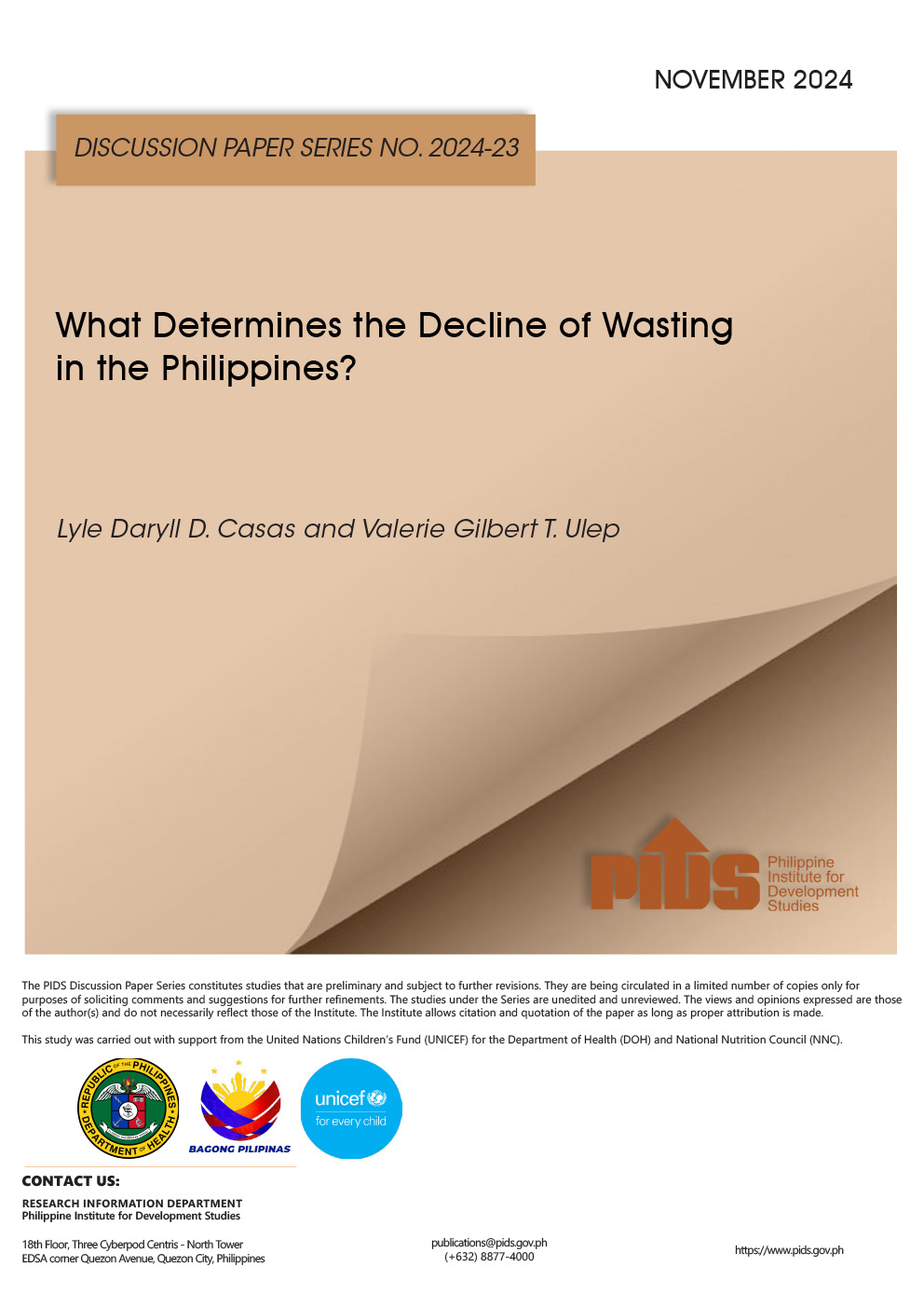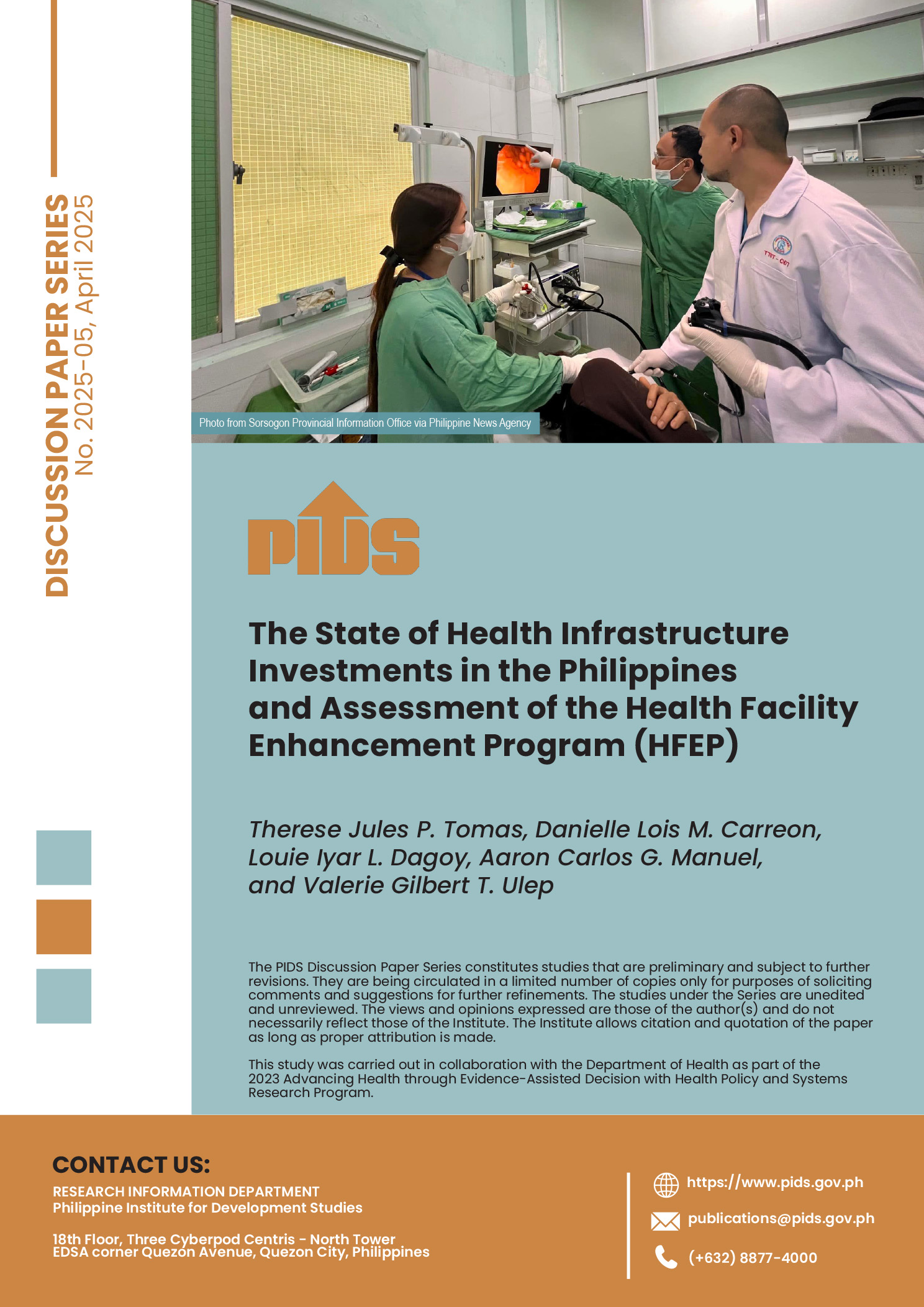In the face of escalating health crises, the Philippines must revisit a proven solution: the Doctor to the Barrios (DTTB) program. Established in 1993, DTTB has served as a lifeline for Filipinos living in geographically isolated and disadvantaged areas (GIDAs). While the nation battles monkeypox virus, Taal Volcano's vog emissions, and dengue cases that reach outbreak levels among other countless health concerns, it is only appropriate to re-energize this critical program and ensure its continued relevance. Can we afford to ignore it?
For those who are healthy enough to remember, then Secretary of Health Juan Flavier, a visionary leader in Philippine healthcare, spearheaded the program. Recognizing the critical shortage of doctors in rural communities, Flavier rallied a team of dedicated individuals to implement this initiative. Together, they sought to deploy young physicians to underserved areas, providing them with essential training and support to meet the unique needs of their patients.
To add context, the year DTTB was launched marked a pivotal time for the Philippine healthcare system. The Local Government Code, which took effect in 1992, provided a significant shift in the distribution of responsibilities between the national government and local government units (LGUs). During the 1992-1993 transition period, the Department of Health (DOH) formally transferred functions, personnel, assets, and liabilities to LGUs. Indeed, DTTB played a crucial role in supporting LGUs in providing essential healthcare services to underserved communities.
Despite its many benefits, the DTTB program faces several challenges. Attracting and retaining qualified medical professionals to serve in remote areas can be a formidable task, often relying on the altruism of a dedicated few. Inadequate resources and infrastructure in GIDAs contend with the clinicians’ idealism and their ability to provide comprehensive healthcare services. Significantly, doctors deployed to conflict-ridden areas face the constant threat of violence and in some documented cases, even become victims of red-tagging.
Following months of planning and discussion between representatives of the DOH and University of the Philippines Manila (UPM), one important development in the DTTB Program is the establishment of the modular Master of Public Health Program for DTTBs (MPH-DTTBs) in 2019. Offering a compelling pathway for young doctors to advance their careers and make more meaningful impact on public health, the added consideration to serve the doctorless in the periphery will inevitably reinforce the existing stopgap measures our healthcare system heavily relies on.
Beyond the countless testimonials from DTTBs who have found fulfillment in their humble way of life far from the capital, recent research provides compelling evidence of the positive short-term impacts of this physician deployment program. A study conducted by the Philippine Institute for Development Studies in February 2023 revealed that the DTTB program has doubled the use of modern contraceptives and decreased child underweight prevalence by two-thirds in poor municipalities.
As with our other healthcare workers like nurses, the challenge of convincing more doctors to stay, much less choose to be part of the two-year DTTB program, is partly explained by the existing not-so-ideal working conditions in terms of non-competitive salary scales, overburdened healthcare system and unsafe work environment. Unless we address these root causes, we cannot expect significant improvements in the retention of medical professionals in the Philippines.
DTTB's enduring value is clear, and even those who did not participate in the program will attest to its significance. What remains to be prescribed are more mechanisms that will ensure its sustainability. By addressing the underlying issues that hinder the recruitment and retention of medical professionals and taking stock of the reforms in place such as Republic Act No. 11509 otherwise known as Doktor para sa Bayan Act among others, we can strengthen the DTTB program and build on its successes. It is working. #TogetherWe can make it thrive.






